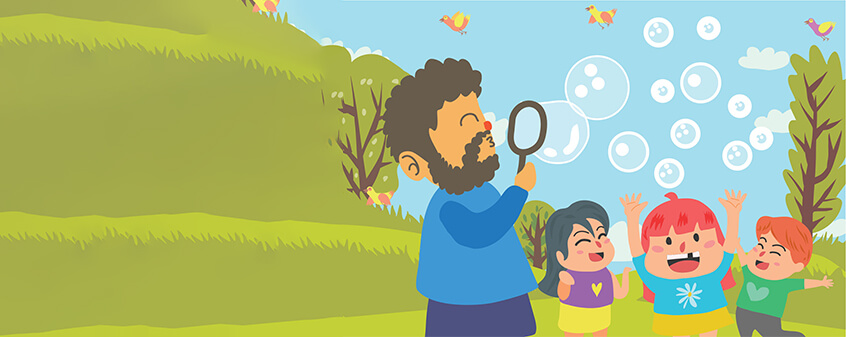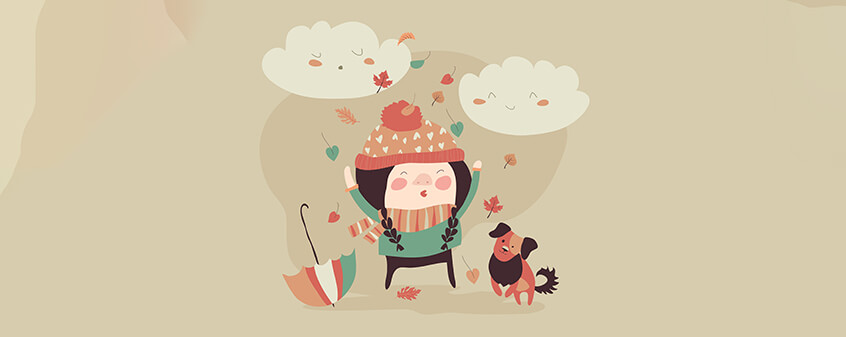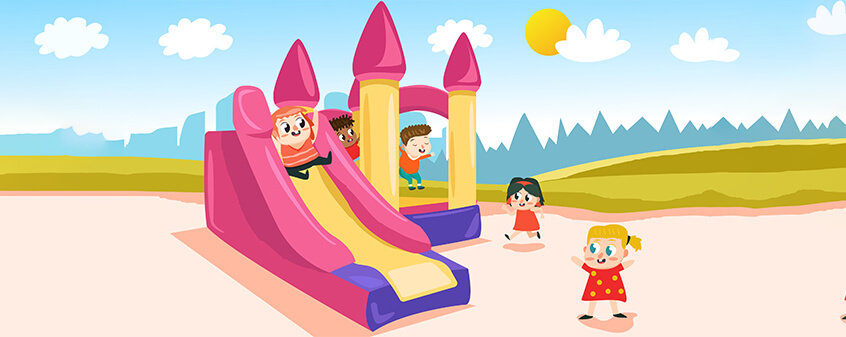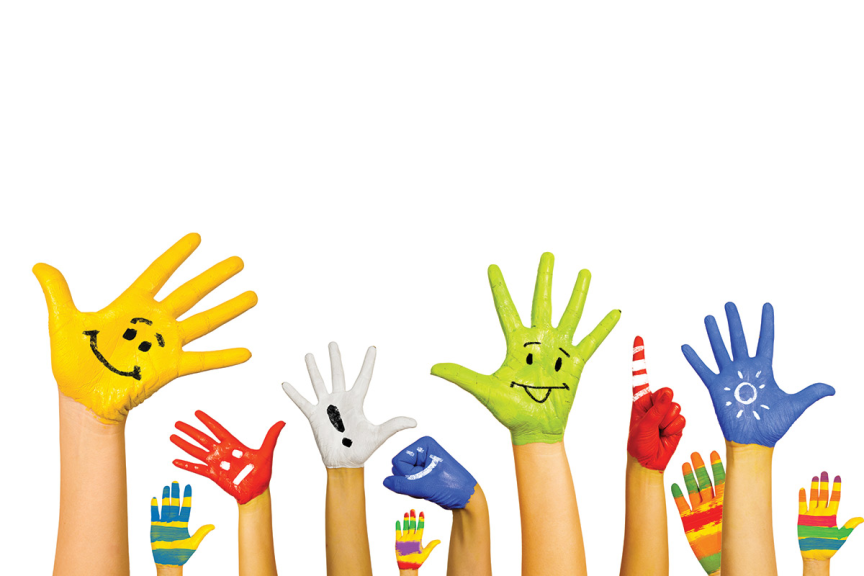Tween
There is a new term for kids between the ages of 10 and 13. We call them tweens. This is a transitional phase and can sometimes be very frustrating for the parent as well as the child. They can feel the changes in them and are not sure whether they are still children, or adults. They want to be like adults, apply makeup, go out on dates just like their older siblings, but are at the same time restrained by their child-like impulses. Tweens are usually very participative and active. Technology plays a very important role in their lives. They feel the need to be connected with their friends all the time.
How do I handle my tween?
‘Janice has turned very rude. She snaps at anything and everything. The other day my husband just lifted her up as he usually does, she struggled out of his arms, screamed at him for doing this, and just ran away. Yesterday I bought her a lovely pair of clips but she refused to take them because they were pink. I always thought she liked pink! Overnight she doesn’t,’ Jean, 37, laments about her 11-year old. Tweens are little teenagers. Just as teens are confused about arious things, so are tweens. We probably never experienced such a phase when we were growing up. But the situations are no longer the same. Early exposure to the world—from films and fashion to news from across the world—gives them an expensive view of life. They tend to fantasize about how things should be for them. They want to dress like the hottest film star. They want to ride on bikes and in cars that are high on the oomph factor. They want branded clothes, shoes, and accessories. Markets have been quick to notice that the growing distinctions between childhood ages are pronounced enough to warrant products, services, retail stores and marketing tactics specific to the ‘tween’ age group. Tweens are a huge consumer sector today. Couples with double incomes and young children seem to be spending a lot of money on this age group, more so to expedite their own guilt of not spending time with them. In India, market studies reveal that the tween is a more aware, demanding, and informed consumer and usually knows more about various consumer products than her parents. ‘Nishit is just 11 years old. The first thing he reads in the newspaper are the prices of high-end cars, mobile phones, laptops, tablets, etc. He loves to collect information on discount schemes available on these products. He can rattle off the prices and the models of most of these products. His life today will be meaningful if he has a high end car, an android phone, a tablet. The television shows that he watches, the movies he sees, the newspapers he reads, all fuel his passion for such products. I cannot afford all this. How do I handle it without breaking his heart?’ asks Adarsh, his father. ‘Rishita told me that she had been invited to a party. I told her I would drop her to her friend’s place and pick her up once the party was over. She agreed but requested that I not wear a sari when I went along with her. She told me that I was the only parent who wore a sari. She wanted me to come in a pair of jeans and T-shirt like the rest of her friends’ moms,’ said Neetu, a 45-year-old engineer. Janice, Nishith, and Rishita are going through a typical
tween stage. All three have begun to believe that they are more like adults. Tweens do not like kid treatments. They are not rebels without a cause, however, they just want to establish their independence, which sometimes involves being embarrassed by their own parents.
At this age, tweens are slowly discovering their inner potential and zoning in on their passions. Encourage them on this journey of discovery. It’s not just about cuddling, cooing, and kissing. They now begin to have meaningful conversations. And they want you to respond to them in equally meaningful ways. Janice stopped screaming and yelling once her parents gave her the due respect. They didn’t treat her like a child. They did tell her how much they love her but without actually cuddling her. She was cuddled when she wanted it; not whenever they felt like it. When Adarsh recognized the other side of Nishith,\ his curiosity and his ability to collect information, he began to channelize his energies to help him set up a blog. Soon Nishith was blogging on cars, their engines and, of course, their rates and discounts. ‘Harry barely has any time for me or the family. He refuses
to come out with us on weekends and is happy playing cricket with his friends. He says he gets bored at family functions. I find it so difficult to get him to come anywhere with me,’ says Rose, a teacher. You will fi nd that your baby is trying to move away from you. He is learning to see himself as an independent identity. He now realizes that he is separate from you, besides becoming aware of the way he is changing physically. What’s most important for him now is his image in front of his friends; they are the focal point of a tween’s life. He wouldn’t like to be seen with his parents and family for too long at this point. You’ll also find your tween willing and able to answer back to you. She may not mean to be rude; it’s just that her brain is developing and she may pose questions that sound like challenges to you or any other elder. She’s still learning and not always mindful of the ‘diplomatic’ way of asking things. Which is why it is important that you reward her with praise when she speaks politely. Point out that rude talk reflects bad behaviour. At the same time, you need to model good behaviour. You can’t yell at your tween but tell her not to do it. Simple steps like these will aid in meaningful communication between you and your tween:
• Be patient: There are bound to be arguments. Have patience. They are growing and will take time to understand what you are saying and why. Give them that time and space. Stand firm on appropriate behaviour.
• Agree that he has a point of view: Tweens have an opinion on everything that affects them. You may or may not agree. But give it your ear. If you agree, explain why you think he is right. If it’s the other way, explain what you fi nd amiss with his perspective. A dictatorial ‘no’ will not do.
• Listen: When he’s trying to talk to you, put down everything else and listen.
• Create talking moments: Don’t fi x a formal time but set aside some ‘talking time’ whether it is at the dinner table or during a game of carrom after dinner. Chat with them. Discuss the best and worst part of the day with them. They will know that they can trust you and not hide anything from you.








